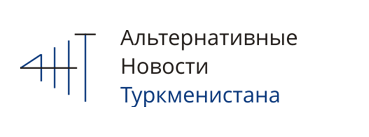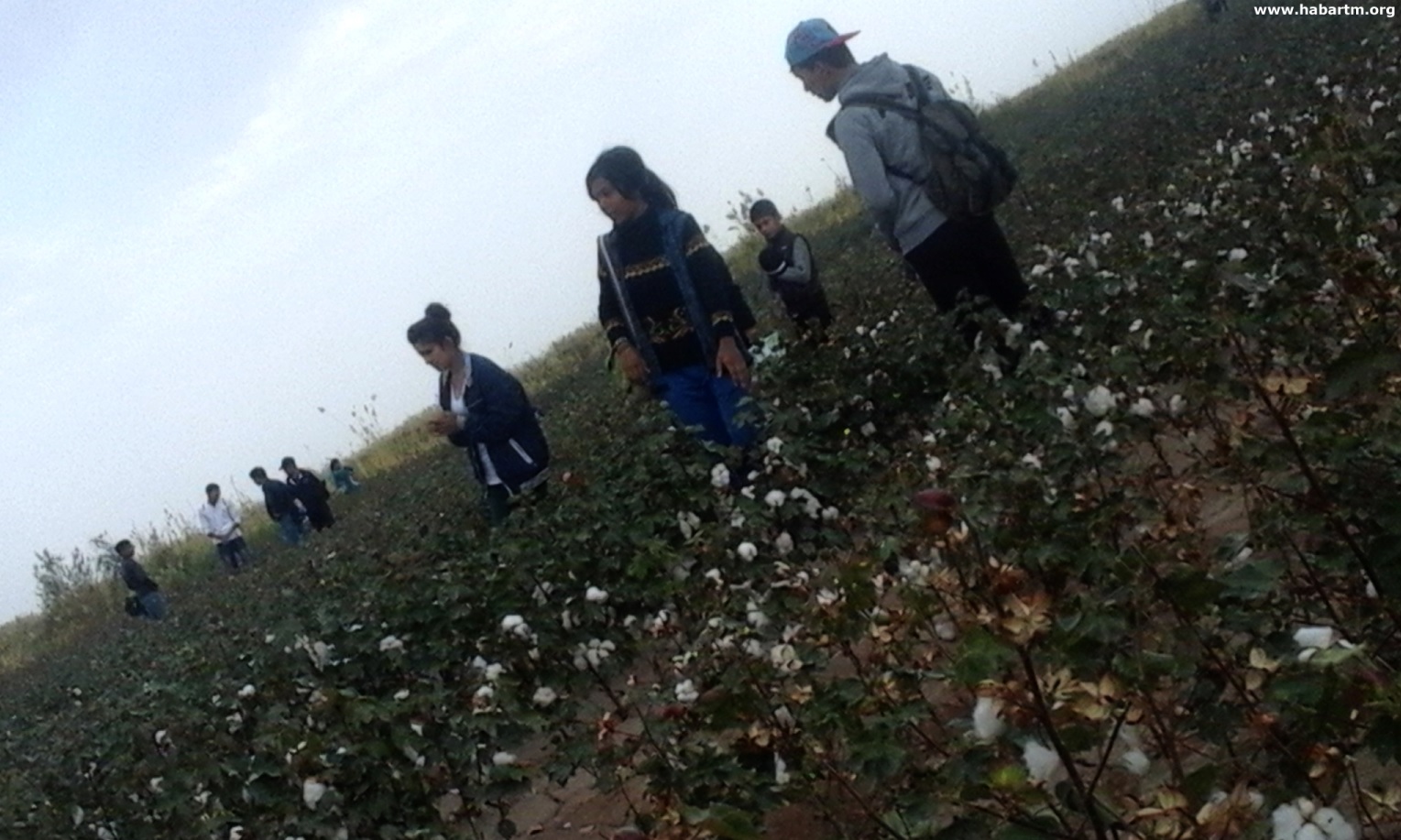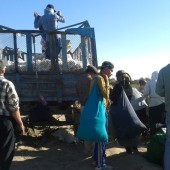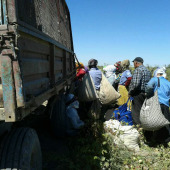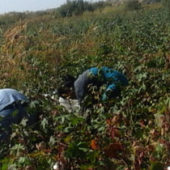Contact: Ruslan Myatiev
Tel.: +31 6 84654547
E-mail: [email protected]
Web: https://habartm.org
Turkmenistan: Children Continue to Pick Cotton Despite Ban
November 13, Amsterdam — In Turkmenistan, despite a ban on child labor, there are more children and teenagers in the cotton fields for this year’s cotton harvest campaign than in previous years. In addition, for the first time for many years the authorities in several regions of Turkmenistan have orchestrated the mass mobilization of children to pick cotton.
In the second half of October, children were set to celebrate the fall break. In Ahal and Lebap provinces, however, school teachers and principals told parents that it would be important to involve their children in a good public cause, such as the cotton harvest.
Amanmurad Bugaev, RFE/RL correspondent in Ashgabat, confirmed the anonymous reports. In his interview, he said that the education department instructed the school management to hold the meetings with parents of students from 5th to 11th grade (ages 10 to 15).
Children were also forced to pick cotton in Dashoguz and Mary provinces. “Your children will not work for free. The farmers will pay them for each collected kilogram,” school administrators told the parents, according to Bugaev.
CHILDREN COERCED TO HELP FULFIL UNCOMPLETED STATE COTTON PLAN
The mass mobilization started after regional authorities had already reported to the President that the state plan had been fulfilled. Local observers, however, said the plan had not been completed. Some areas experienced a lower cotton yield than that of previous years.
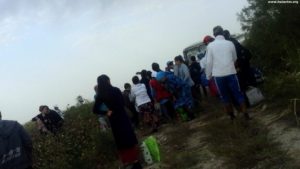 “When our governor Mammet Bayramgulyev, along with his counterparts from other regions, presented the report on the completion of the cotton harvest according to the plan, the actual cotton collection in Dashoguz province amounted to less than half of the planned 230,000 tons,” an expert working at the state-owned cotton company Turkmenpagta in Koneurgench district told Alternative Turkmenistan News (ATN)*.
“When our governor Mammet Bayramgulyev, along with his counterparts from other regions, presented the report on the completion of the cotton harvest according to the plan, the actual cotton collection in Dashoguz province amounted to less than half of the planned 230,000 tons,” an expert working at the state-owned cotton company Turkmenpagta in Koneurgench district told Alternative Turkmenistan News (ATN)*.
The source noted that the harvest officially began in the region on September 6, when only one or two cotton bolls were uncovered on every other cotton bush. Given this cotton shortage and the late start, it would have been impossible to fulfill the plan in just under two months.
Teenagers were spotted picking cotton in Dashoguz and other regions as recently as November 5. The most extensive cases of child labor in the country were recorded in the provinces of Lebap and Dashoguz. Photos from the cotton fields, taken in an atmosphere of total control orchestrated by unofficial informants and national security officers in plain clothes, confirm the children’s presence.
CHILDREN REMOVED FROM SCHOOL TO WORK IN THE FIELDS
Children picked cotton everywhere, from the fields near rural centers to remote plains hundreds of kilometers from civilization. In such areas, living and working conditions are inadequate.
“Before the fall break, there was a full ban on picking cotton for children. Teachers banned us from going to the fields, even on weekends, or if we sought to replace our parents. Picking cotton for money was even out of the question. When school principles overheard pupils speaking about cotton, they would gather the class leaders and demand they call the parents, visit them at home; in other words do everything possible to ensure there were no children on the fields. However, just before the fall break there was another staff meeting. On the one hand, teachers were told to ensure there were no accidents involving children during the break, but on the other hand, the school administration told them that it is necessary to help the state collect all cotton without losses, and that children may and should be involved in this nation-wide cause,” a student from a high school in Turkmenabat said in an interview. Together with his classmates, he spent the entire fall break (10 days) picking cotton in Sakar and Sayat districts of Lebap province.
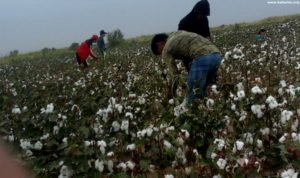 Local monitors said that even more children were picking cotton in the rural areas. Farmers send their children to work in the fields and these children pick the same amounts as adults. Kemal, a 14-year-old child from a school in the Farab district, told an ATN observer about life and work in the fields.
Local monitors said that even more children were picking cotton in the rural areas. Farmers send their children to work in the fields and these children pick the same amounts as adults. Kemal, a 14-year-old child from a school in the Farab district, told an ATN observer about life and work in the fields.
“We rent a 3-hectare piece of land on which we grow cotton. At some point in the middle of September, we had the first cotton collection. My parents, an older brother and sister-in-law, despite being pregnant, came out to pick cotton. Two other women helped us as my family earlier helped collect their cotton. I also had to work. I missed school during the first harvest. My father said: your school is not going anywhere, but if we pick enough cotton to fulfill the plan, then at least we will have some money. In early October, he asked my school to excuse me from classes, telling the director it would only be for three days. However, we didn’t manage to complete the harvest in such a short time, despite working from dawn to dusk. I was afraid of the school principal’s reaction for my missing of school, but he did not scold me, because several other children had been off to pick cotton with their parents.”
In Dashoguz, children were spotted working in farmland near Akdepe, Koneurgench Ruhubelent and Saparmurat Turkmenbashi districts. Parents and school administrators see no problem with children working long hours in the cotton fields, from early in the morning, when temperatures are only 3-5 degrees Celsius.
“A family can benefit from children that learn so early to work hard and earn money,” a farmer from Akdepe district told a local monitor, justifying his choice to send his three children to the fields.
Teachers, school principals, village administrators, heads of farmers’ associations, mayors and district prosecutors all turn a blind eye on child labor in rural areas. Not only do they pretend that this practice is non-existent, but they also pretend that nothing wrong happens, according to an observer from Dashoguz province. Officials effectively violate the fundamental rights of children by letting them skip school to work in the fields.
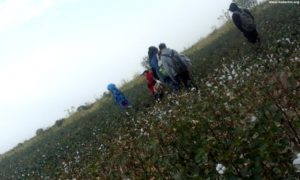 ECONOMIC AND SOCIAL PRESSURES CONTRIBUTE TO CHILD LABOR PERSISTENCE
ECONOMIC AND SOCIAL PRESSURES CONTRIBUTE TO CHILD LABOR PERSISTENCE
There are many economic factors contributing to the persistence of forced and child labor in Turkmenistan’s cotton industry. The agricultural sector is plagued with illiteracy and ignorance of fundamental rights; industrial relations are dysfunctional; farmers are uninterested in high-performance labor; and the state sets low procurement prices for raw cotton. In addition, social factors such as high unemployment, unstable incomes, low living standards and poverty, contribute to worsen the situation.
Picking cotton is an opportunity to earn some cash, therefore children are pushed to go work in the fields replacing their parents and other public sector workers. On October 11, an ATN monitor met several children aged 13-15 at a bus station in Dashoguz, where people gather to be sent to the fields. When asked why they gathered there, a boy said that despite being young, they are ready to go to the cotton fields in place of any adult.
“Yesterday, for example, I earned more than 20 manats ($2.50 at a market rate). I went to the fields in place of our family doctor. She gave me 15 manats. In one day, I collected 30 kilograms of cotton, which effectively amounted to 27 kilograms after the farmer subtracted 3 kg for moisture. At a rate of 0.4 manat per kilogram, I was expecting 10.80 manats, but instead I received 5.40 manats. The farmer told me to take what he gave me otherwise he wouldn’t pay at all,” an eight-grader from school №5 in Dashoguz said.
When asked if teachers would scold them for missing classes, the child shrugged: “Our teachers don’t care. They only care about how to escape from the harvest and hire someone to go to the fields to replace them. There’s little space for studying. During the cotton harvest, teachers replace one another at school, often running between two classes to silence children. In the end it’s better to go to the fields and pick cotton.”
STATE COTTON HARVEST PRACTISES FOSTER CORRUPTION
In the schools of Lebap province, monitors have noted a different situation. Teachers are forbidden to go to the fields during weekdays and can only pick cotton on weekends. The principal instructed them to contribute 10 manats per day for a replacement worker. Teachers, however, have little control over this system. The principal collects the money from all teachers, but nobody knows how many substitutes are actually hired to go to the fields. Monitors said that out of a roster of several dozen teachers, only around 10 workers were hired.
“This means that the principals pocket most of the money they collect from teachers,” a teacher from Turkmenabat said. ATN has full details of that school and the principal. At a meeting, she said that the cotton harvest will continue until December 10, which means that the 10 manat daily fee will continue to be collected until then. The teachers said they heard that the harvest will stop completely after November 15 and the rest of their payments will only benefit the principal.
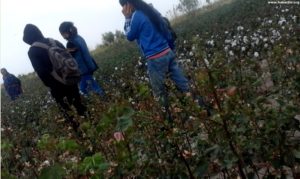 CONDITIONS WORSEN FOR CHILDREN AND ADULTS
CONDITIONS WORSEN FOR CHILDREN AND ADULTS
Monitors said that the conditions of the harvest have worsened from previous years, both for public servants, who constantly face threats of dismissal if they fail to participate, and children, who are forced to pick cotton at an increasing rate.
“During the cotton harvest, hands are the most important. For those who manage labor for the harvest, it doesn’t matter if those hands belong to an adult or a child,” an ATN source in Ahal province said.
The source said that children are often taken to the fields squeezed inside the backs of trucks that are not suitable for transporting people, overlooking basic safety measures.
“Road police and prosecutors turn a blind eye when they witness these practices. In Baharly district, the schools directly participate in the mass mobilization of children to the cotton fields during the fall break, violating the president’s explicit ban on child labor. Given that the situation is only worsening, however, maybe the real order that comes from the top, from the man above any law, is to keep using children to pick cotton,” the source said.
* Alternative Turkmenistan News (ATN) is an independent media and human right initiative founded in 2010. Since 2013 ATN reports on the use of forced labor in Turkmenistan during the cotton harvest through a network of trained monitors inside the country.
